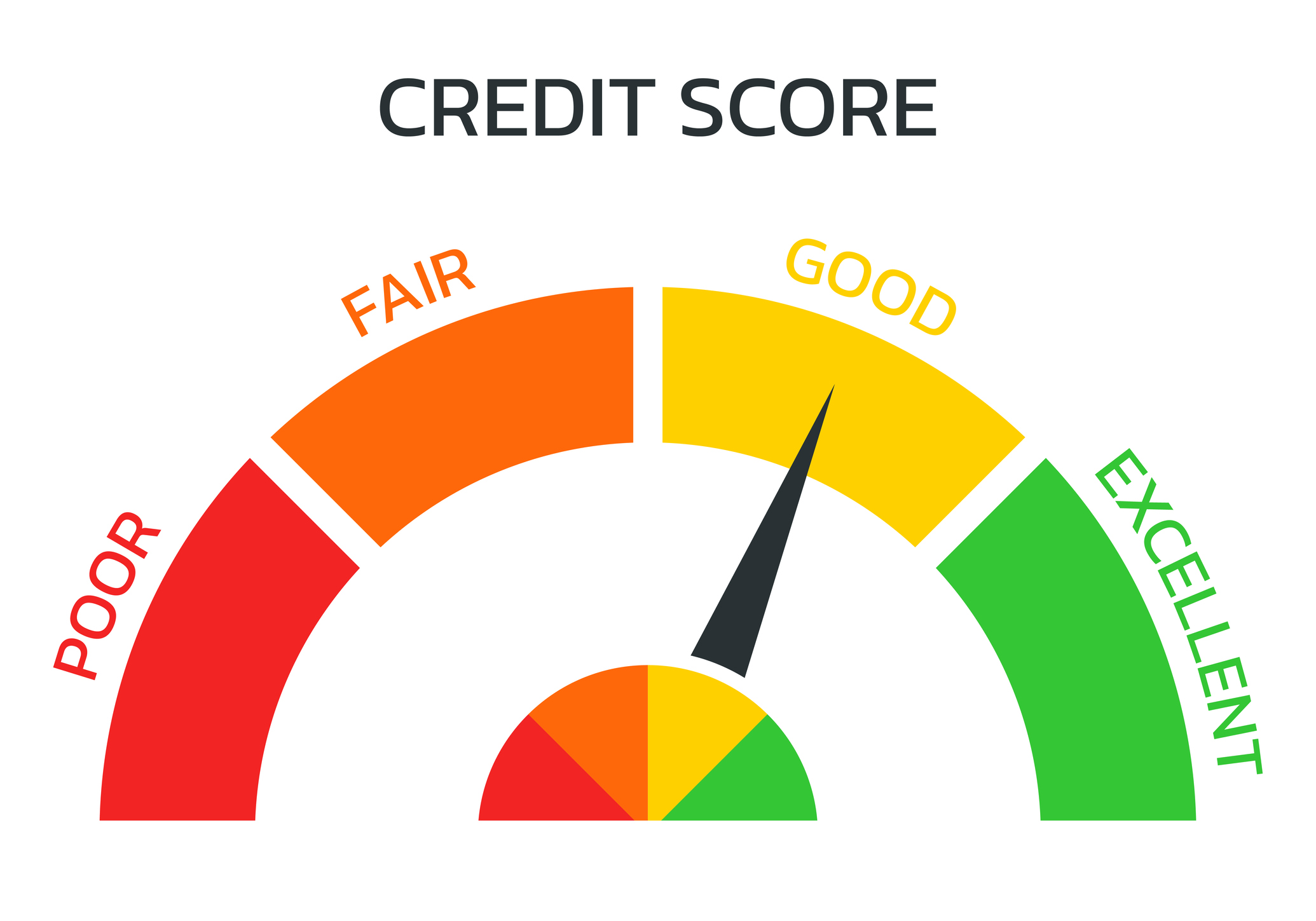Improving your credit score is an important step in managing your personal finances. A higher credit score can help you qualify for better interest rates on loans, credit cards, and other financial products.
While it takes time and effort, there are several steps you can take to improve your credit score.
1. Review your credit reports: Start by obtaining a copy of your credit reports from the major credit bureaus (Equifax, Experian, and TransUnion).
You can request a free copy of your reports once a year from AnnualCreditReport.com. Review them carefully for any errors, incorrect information, or fraudulent accounts.
2. Dispute errors and inaccuracies: If you find any errors on your credit reports, dispute them with the respective credit bureaus. Provide documentation to support your claims, such as receipts, statements, or correspondence.
The credit bureaus are required to investigate and correct any errors within a reasonable timeframe.
3. Pay bills on time: Payment history is one of the most significant factors influencing your credit score. Make it a priority to pay all your bills, including credit cards, loans, and utilities, on time.
Late payments can have a negative impact on your credit score, so set up reminders or automatic payments to avoid missing due dates.
4. Reduce credit card balances: Your credit utilisation ratio, which is the amount of credit you're using compared to your credit limit, plays a crucial role in your credit score.
Aim to keep your credit utilisation below 30% across all your credit cards. If possible, pay off balances in full each month to avoid interest charges.
5. Pay off debt strategically: If you have multiple debts, focus on paying off high-interest debts first while making minimum payments on others. This strategy helps you save money on interest payments and demonstrates responsible credit management.
6. Avoid opening unnecessary accounts: While having a mix of credit accounts is beneficial for your credit score, avoid opening new accounts unless necessary. Each new account results in a hard inquiry on your credit report, which can temporarily lower your score.
7. Maintain old accounts: Length of credit history is an important factor in determining your credit score. Keep your oldest credit accounts open, even if you don't use them frequently. Closing old accounts can shorten your credit history and potentially lower your score.
8. Be cautious with new credit applications: Each time you apply for new credit, such as a credit card or loan, it generates a hard inquiry on your credit report.
Too many inquiries within a short period can negatively impact your credit score. Only apply for credit when necessary and do your research beforehand to ensure you're likely to be approved.
9. Use credit responsibly: Demonstrating responsible credit behavior over time helps improve your credit score. Use credit cards and loans wisely, keeping balances low and paying them off on time.
Avoid maxing out credit cards or using all available credit, as it can signal financial instability to lenders.
10. Be patient and consistent: Improving your credit score is a gradual process that requires consistent effort over time. Stay committed to responsible credit practices, and you'll see positive changes in your credit score over the long term.
Building good credit takes time and persistence. Be proactive in managing your credit, and don't hesitate to seek guidance from a reputable credit counseling agency if you need assistance.
